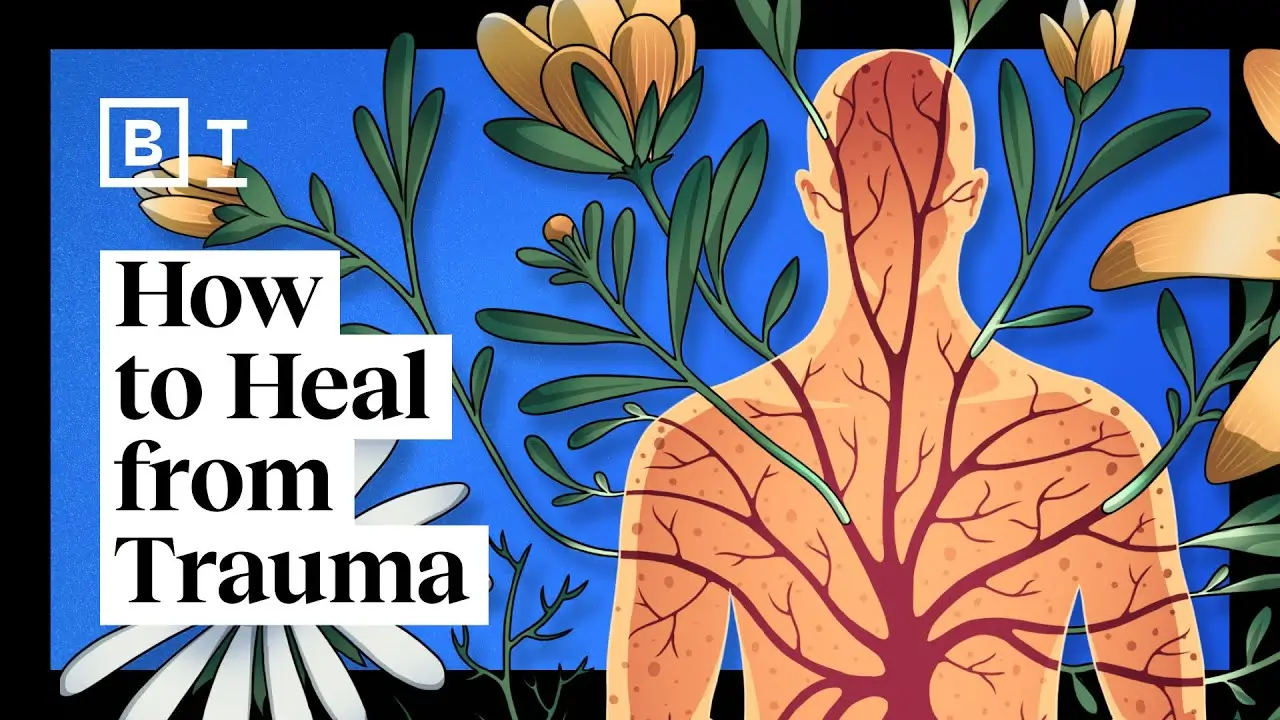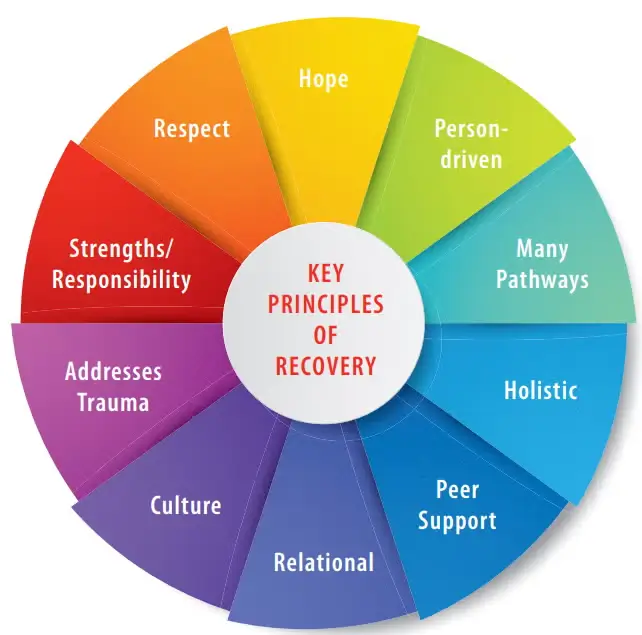
Did You Know?
Trauma is not just what is in your mind. You also have trauma in your body. It can change your brain function. It can change your feelings. A traumatic event is a deep, painful event. Often, traumatic events can make you feel helpless. Often, traumatic events can make you feel afraid. Trauma can be a single occurrence. Trauma can be a series of occurrences or events. You are not weak in being traumatized. You are strong in surviving trauma. The next great act of strength for you is healing.
What is Trauma?
Trauma is an emotional reaction. It is a response to a horrific event. A natural disaster. A war. Also, a death or loss of a loved one. Trauma can also occur in encounters with abuse. The experience is shocking. The experience is a feat. Also, the experience can cause a sense of no safety. The experience can leave you constantly anxious. The experience can leave you with nightmares. Also, the experience can leave you avoiding places and people. All of these responses are normal. They are normal emotions to an abnormal event.

The Body Response: A Psychological Perspective
Your body has a built-in alarm system. It helps you to stay safe at times when you are in danger. Your alarm system is activated in situations where you are supposed to enter “fight or flight” mode. This alarm system gets your heart racing, you breathe faster, and your body prepares for action.
Sadly, for many people experiencing trauma, they are unable to return to a safe state of mindfulness or safety, and their alarm system remains set to high alert. When this happens, they begin to feel constantly on edge and have feelings of stress and anxiety. This is typical for our physical response to trauma; it simply demonstrates that your body is still trying to protect you. The process of healing is the key to shutting off the alarm system.
Read more: Build Resilience Without Losing Your Heart
Creating Safety: Another Psychological Aspect of Healing
To experience successful healing, it is important to create a safe place. If the brain feels safe and the body feels safe, the nervous system can begin to relax, and your brain can begin to digest the past event. You have to find a safe place, a place that makes you feel safe, and you also need to find a trusting community to help support you (in whatever way works for you).
Finding a place you can free yourself mentally of the trauma and alone with your pain is the initial, but most important step to healing. Once your alarm system is silent, you can begin the process of healing with safety and find a way to face the pain that you have been avoiding. This is the foundation of your recovery.
Path of Healing: Simple Steps
Healing is a process after trauma. It’s not a sprint. Here are some steps you can take. They will help you on your path.
- Find Professional Help: A trained therapist can help you by directing you. They can provide you with tools. They can guide you through your feelings.
- Develop a Support System: Talk to family, friends, and people you trust. Let them help. Don’t feel embarrassed.
- Practice being Mindful: Stay in the present. The present is the only moment you have control over, so relax your nervous system. You can! Pay attention to your breath.
- Practice Self-Compassion: Be kind to yourself. You just went through a tough situation. Most of the time, this is not your fault.
- Find what a healthy routine means for you: Eat healthy. Get enough sleep. Move your body. Working on your body can help your mind.

What Do The Numbers Say: Recent Statistics
The literature supports that when it comes to trauma therapy, it is incredibly efficient. A 2024 meta-analysis published in the Journal of Anxiety Disorders looked at the multitude of studies and discovered that trauma-focused therapies are very effective with PTSD and have over 70% success rate as an outcome. Further, a 2023 study found that with those who sought trauma therapy reported a 60% symptom reduction. This absolutely proves it works. So, you can recover. You can get better.
Islamic Perspective: Patience & Trust In God
In Islam, life is a test, and we will face challenges. The Quran states this as well. The Quran also tells us that those challenges may make us stronger. Patience is important. This is called Sabr. Sabr is not to be passive; it is active. It is enduring, and it is persistence.Also, it is to keep going. To trust Allah. This act of trust is called Tawakkul – to do your best efforts and leave the rest to God.
Allah says: “
And we will surely test you with something of fear and hunger and a loss of wealth and lives and fruits, but give good tidings to the patient.
” (Surah Al-Baqarah, 2:155).
This verse is incredibly reassuring. It actually states that Allah is with those who are patient. It reminds us that there is meaning in our difficulty. When we can view our experiences this way, it allows us to be gravely courageous.
Read more: 6 Archetypes That Shape Your Inner World
The Importance of Community and Self-Care
Community matters. We are called the Ummah as Muslims. You do not have to do this alone. Get support from your family. Reach out to your friends. Be sure to actively practice self-care. Do not forget your body. Drink water. Eat healthy food. Get enough sleep. Don’t forget to pray. Don’t forget to remember Allah. This is self-care. It feeds your soul. It is good for your comfort.

To Conclude: A Message of Hope
Recovering from trauma is possible. It is brave work. It is time-consuming. Also, it is hard work. But it is worth it! You will be able to find peace again. You will be able to feel safe again. Also, you will be able to enjoy life again! Remember to be kind to yourself. Ask for help when you need it. You are not alone. So, there is hope for you and your recovery. Hence, begin your journey today.



Leave a Reply